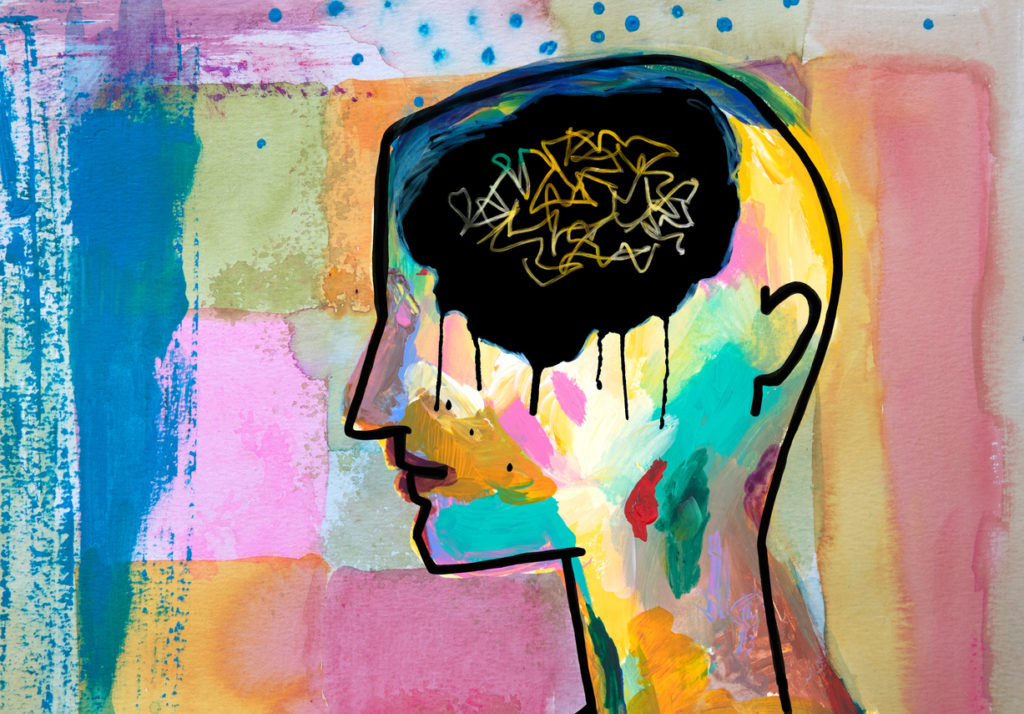The purpose of this study is to examine the relationship between different aspects of cognitive behavior therapy (CBT) and treatment outcome.
Official Title
Process as a Predictor of Outcomes in CBT for Youth
Conditions
– Anxiety Disorders
Study Type
Interventional
Study Design
Treatment, Non-Randomized, Open Label, Active Control, Single Group Assignment, Efficacy Study
Further Details
Anxiety disorders are common among children; if untreated, they can negatively affect children’s lives. Evidence suggests that CBT can benefit children with anxiety disorders, but the causal mechanisms between therapy and beneficial outcomes have not been thoroughly investigated. Audio and videotaped sessions of children currently receiving CBT and those who received CBT in previous trials will be examined. Various rating scales will be used to rate therapeutic alliance, child involvement, and therapist flexibility for each session of CBT. To evaluate potential process variables that contribute to participant drop-out, this study will compare the early process variables for children who complete treatment and for those who discontinue treatment.
Study Start
Eligibility & Criteria
Ages Eligible for Study: 8 Years – 13 Years, Genders Eligible for Study: Both Criteria Inclusion criteria:Diagnosis of separation anxiety disorder, generalized anxiety disorder, or social phobia At least one English-speaking parent Exclusion criteria:IQ < 80 Psychotic symptoms
Total Enrolment
200
Contact Details
[1] National Institute of Mental Health (NIMH)[2] Macquarie University, Sydney, New South Wales, 2109, Australia; Not yet recruiting
All content and media on the HealthEngine Blog is created and published online for informational purposes only. It is not intended to be a substitute for professional medical advice and should not be relied on as health or personal advice. Always seek the guidance of your doctor or other qualified health professional with any questions you may have regarding your health or a medical condition. Never disregard the advice of a medical professional, or delay in seeking it because of something you have read on this Website. If you think you may have a medical emergency, call your doctor, go to the nearest hospital emergency department, or call the emergency services immediately.







